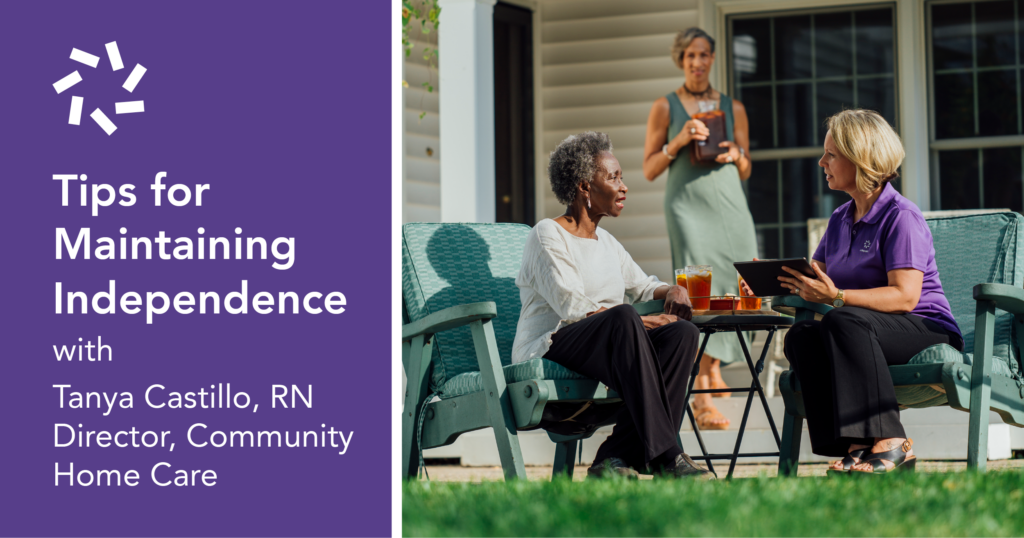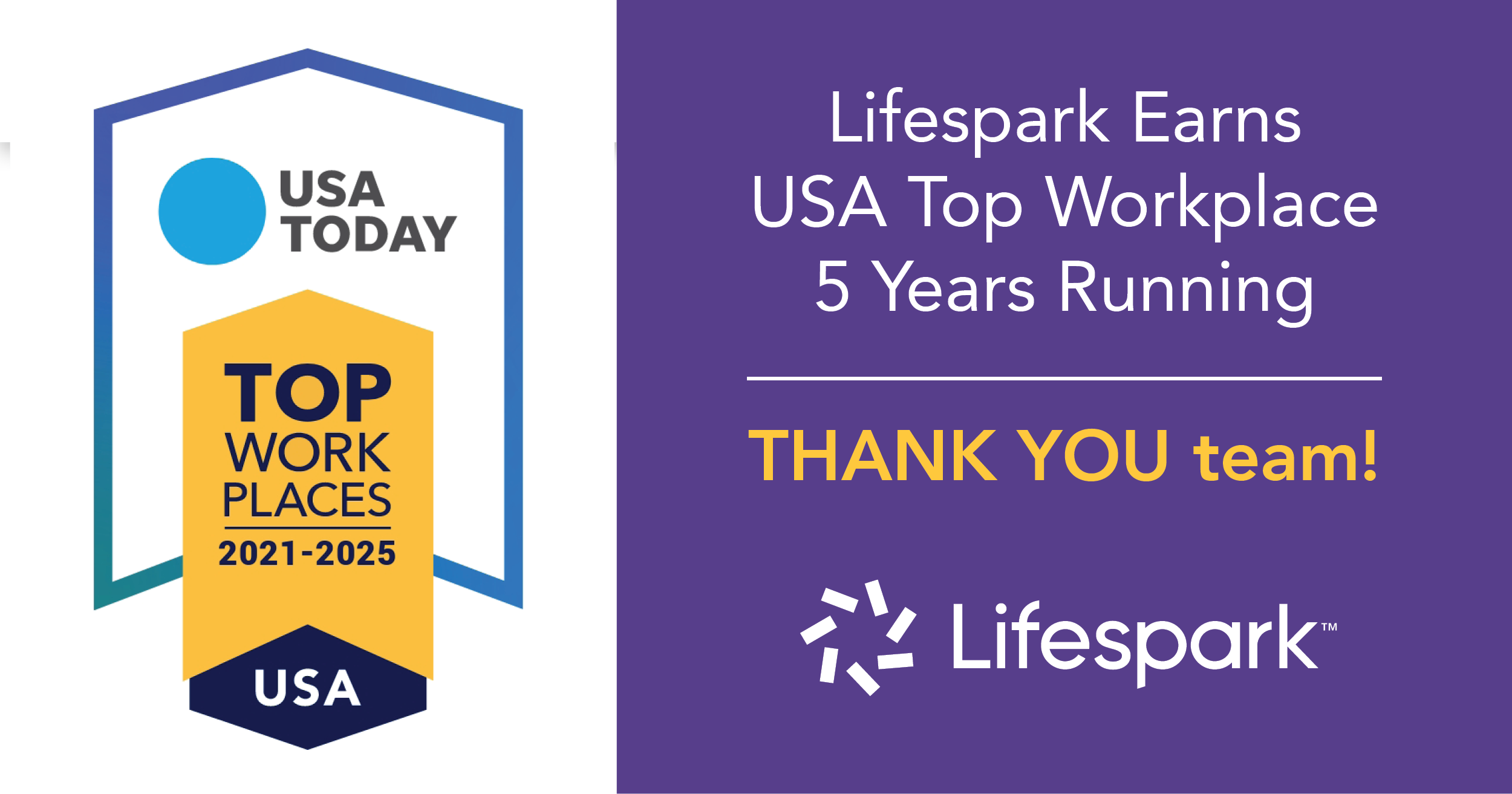
Last fall, when we interviewed Tanya Castillo, RN, Director, Lifespark Community Home Care, for a blog on the warning signs that an aging parent might need some help, she mentioned broken appliances, dirty dishes, neglected pets, poor dental hygiene, strong body odor, incontinence, and unpaid bills as red flags for family members. We caught up with her recently to find out what adult children can and should do when their older loved one is no longer able to manage on their own.
“Shame and embarrassment can lead people to rely heavily on neighbors or friends, especially when the senior is afraid that if their child sees what’s going on, ‘they’ll put me in a home,’” Tanya said. “As a result, you might not realize how dire the situation is, but once you become aware, you really do have to address it.”
Download our eBook: When Should I Consider Assistance for My Loved One
Approach with good intentions
The key, she said, is to come from a place of love and good intentions and to let the individual know that you won’t force them into anything, but that as their child, you’re concerned. “We coach the family member—usually the adult daughter—to reassure their parent that you want them to stay as independent as possible, and to do that you might need to bring in a little extra help.”
When meeting with a potential client at the in-person consultation, the Home Care team typically hears one of three responses: Thanks, but no thanks; I’ll think about it; or Let’s move forward. But the emotional factors behind resistance can be complicated.
Financial pushback
One of the most common defenses against in-home services is cost, even for those who can afford it. “Many of the seniors we meet with say they don’t want to spend their children’s inheritance,” Tanya said. “We explain that having a little bit of help now, like a nurse to help with appointments, medications, and bills, is going to keep them healthier and more independent in the long run.”
Occasionally, it’s the opposite, where the elder wants assistance but their adult children are pushing back, arguing that every dollar spent on care now means less for them when their parent passes. “When we see this type of conflict, either between a parent and a child or between siblings, we try to point out that this is for them, too,” she said. “We’ll be there for their parent, so they don’t have to take time off of work and so they can be the daughter, not the caregiver.”
She also reminds family members that the client has the right to spend their money however they wish, as long as they’re alert and cognitively competent. They also have the right to choose to stay in their own home if they’re safe to do so.
Daughter–mother dynamic
Tanya shared a story about a woman in her early 70s with severe rheumatoid arthritis whose 97-year-old mother was her caregiver. The daughter called Lifespark and scheduled an in-person consultation, but her mother, who lives in the same building, shut down the meeting, saying that her daughter couldn’t afford it and didn’t need it.
Later, the daughter called back to request another consult, but once again, the mother intervened. Finally, the daughter called a third time, saying that she and her mother had sorted it out and agreed that Lifespark could provide services.
“Our goal is to keep people off the roller coaster of health care crises,” Tanya said. “To do that, we explain how services are going to benefit them and how we can be helpful.”
Couples struggle, too
Lifespark also gets calls from seniors who have been their spouse’s caregiver but are no longer able to take care of them. “We’re now working with a 99-year-old gentleman with memory loss who was very resistant to having anyone but his 95-year-old wife care for him,” Tanya said. “Because of his cognitive impairment, he didn’t understand why she couldn’t do it all, including helping him shower and dressing him.”
Too often, though, the caregiving spouse gets hurt. Given that this man’s wife was five-foot-three and he was six feet tall, it was a risky situation, she said. “We explained that bringing in services benefits both individuals by helping to prevent injury.”
Ultimately, he agreed to services. The couple now has someone coming in weekly to set up his medications, help him shower, and do light housekeeping and shopping, which also benefits his wife, Tanya said.
Sudden gaps in care
One of Community Home Care’s newer clients is a man with a traumatic brain injury whose wife had been his caregiver until she unexpectedly passed away while in the hospital. The family suddenly needed 24-hour support for him while they looked for a long-term care facility.
“It was an emotionally challenging situation as he was dealing with the grief of losing his wife and the loss of his independence,” Tanya said. “He refused to move but due to his brain injury, it wasn’t safe for him to live by himself.” In this case, family had to step in and make the decision for him.
Quality of life decision
Tanya acknowledged that home care is expensive and not covered by insurance. But it goes a long way to preventing emergency room visits, hospitalizations, and the need for transitional care. “One of things we tell people is, ‘You’ve spent your whole life saving for a rainy day—and it’s raining.’”
For more tips and insights, download our free eBook: When Should I Consider Assistance for My Loved One.
To learn how Lifespark can help your loved one live more independently, visit Community Home Care or call us at 952-345-8770.



